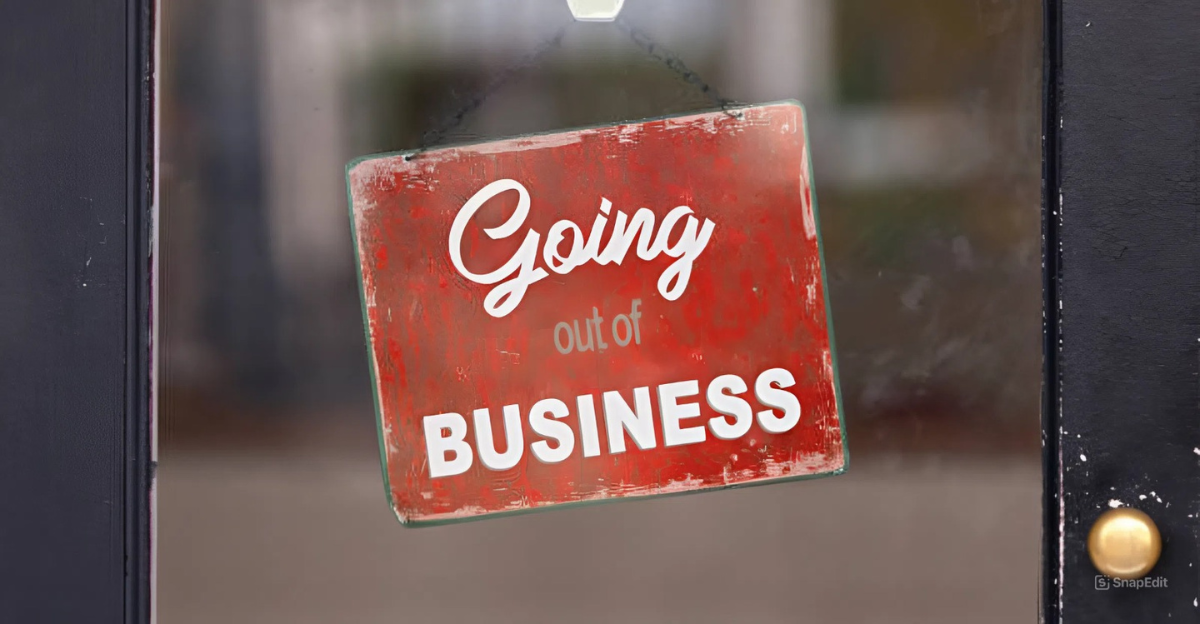
In this world, it doesn’t matter how old you are or what you’ve done before, only what you can do next. And even a century-old titan can crumble like it never existed.
This company outlived two world wars, multiple recessions, and probably your grandparents…but it’s done now. No press release, no farewell speech. The goodbye came quietly and without warning. What makes this even stranger is how recently it bragged about its clean books, how it owed nothing to anyone. And then it was gone. If you blinked, you missed it.
This company helped build the area, not just with jobs, but with identity. Now, its absence feels louder than any announcement.
Foundation of an Empire
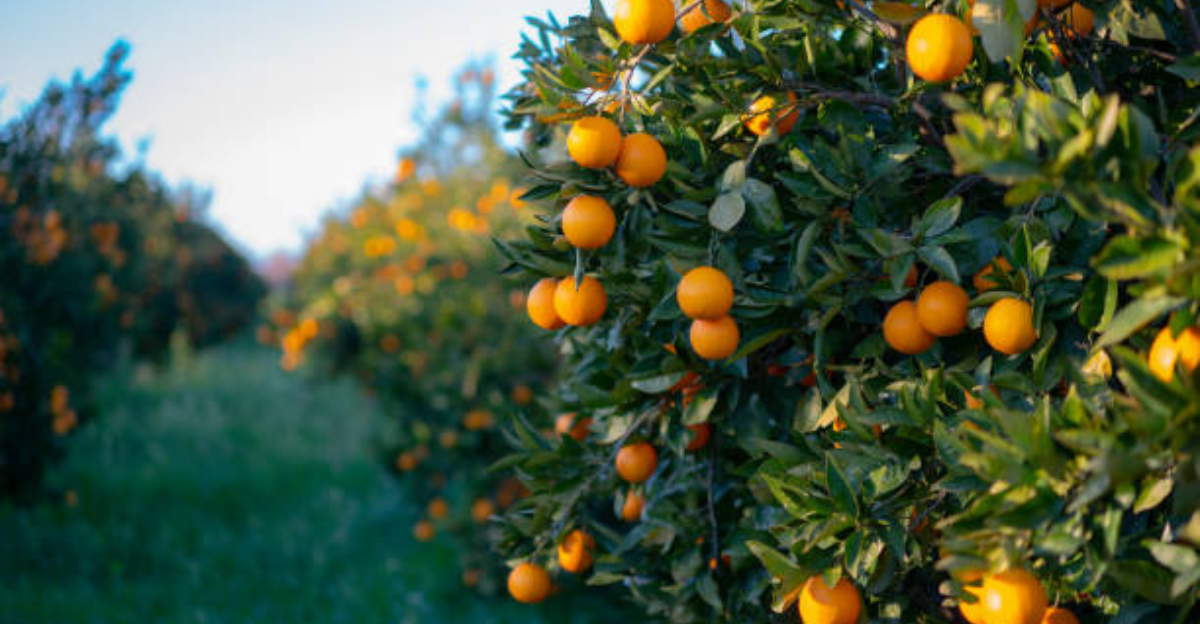
Back in 1899, when California was still mostly groves and grit, it took root, and quite literally too. It was born in a sun-drenched valley where citrus was gold.
Farmers dreamed big, and this business became the engine that powered them. The fruit was only part of it. This place helped build the community, one box of oranges and lemons at a time.
It was a business grounded in effort, not image. The kind that grows with time and holds steady…until, eventually, it couldn’t.
The Golden Years of Growth and Legacy
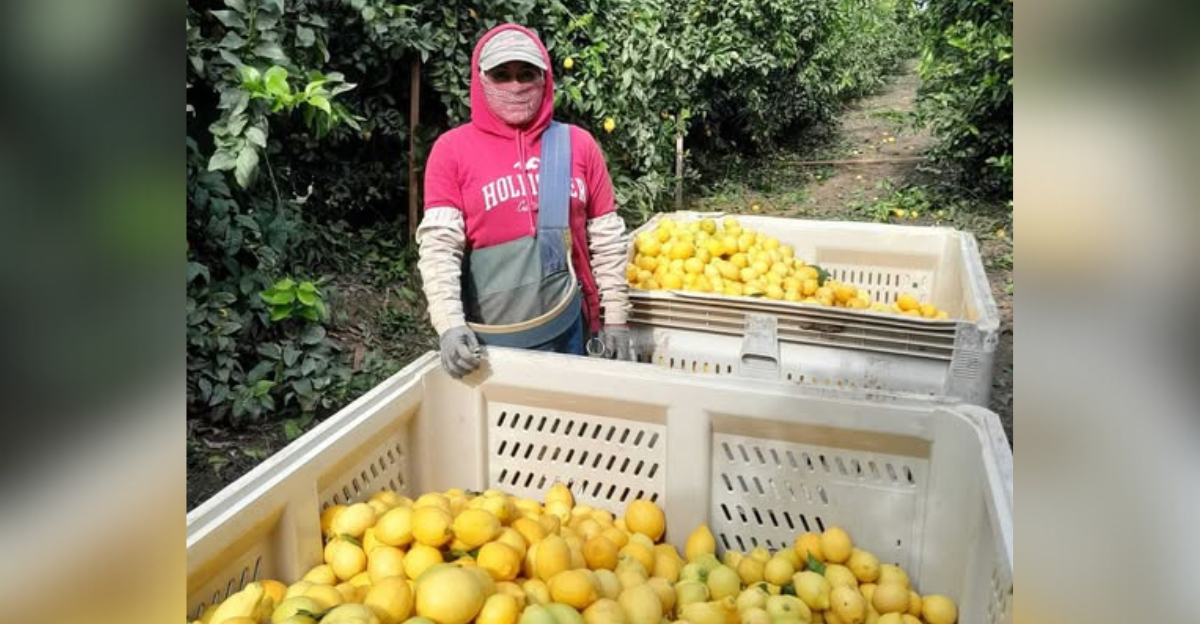
When it was thriving, this company anchored the whole community. It used to run like muscle memory; day in, day out, moving citrus by the ton from grove to store shelves across the globe. The air around the packing houses always smelled like lemons, sharp and sweet, a reminder that real work was being done.
Families built lives here. Generations showed up for shifts together, sharing groves, packing lines, and lunch breaks. It wasn’t flashy, but it worked.
Subtle Warning Signs

The company continued operating, even as the world gradually changed around it.
Canned goods were no longer the go-to, with more shoppers leaning toward fresher and faster options. At the same time, expenses rose, labor became harder to secure, and the weather added another layer of uncertainty.
Still, like many companies with deep roots, it moved forward with quiet determination, trusting that a long history would be enough to weather the storm.
But signs of trouble were starting to show. It wasn’t enough to spark panic, but if you were paying attention, the shift was there. Other big names in the industry were starting to feel it too. Inflation made everyone cautious, imports flooded the market, and the citrus business began to evolve. They didn’t know it. But they were falling behind.
The Quiet Struggle

Behind the polished statements and reassuring updates, the struggle had already begun. Leadership stuck to a message of calm. They emphasized being debt-free, with fruit payments coming in regularly. But on the inside, something was unraveling. Maybe it was the drought, maybe the rising competition, or maybe time simply wore it down. Whatever the reason, the company didn’t say much. There were no big statements. It was just fading away quietly without much fanfare.
The Shock Announcement
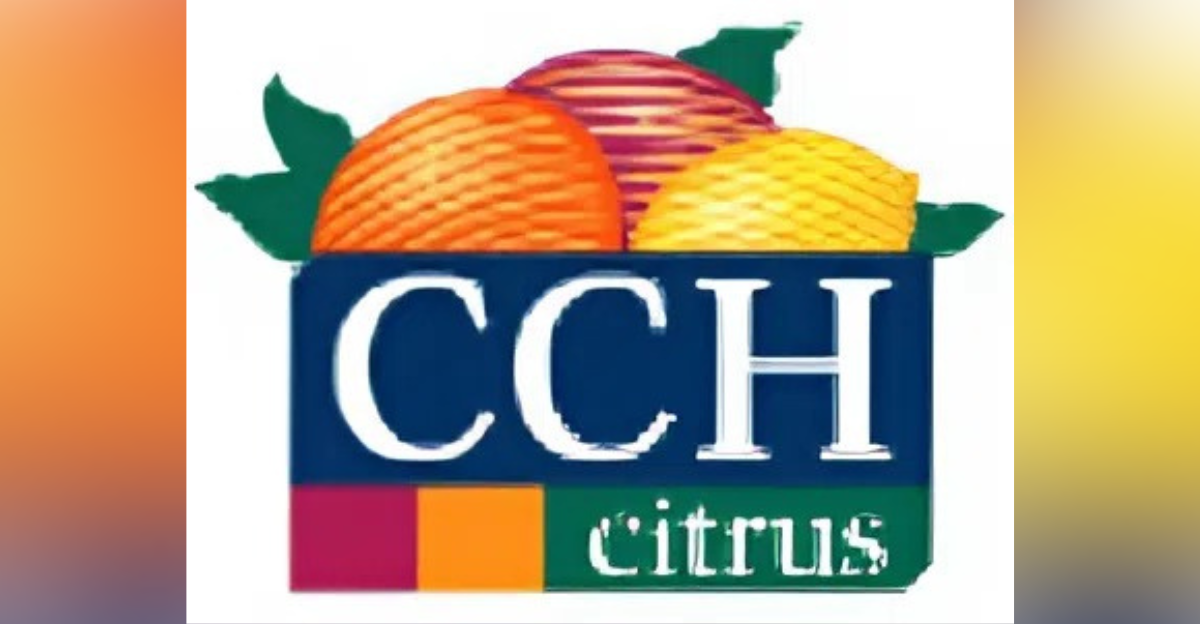
And then, the gut punch came in hard and fast. A company that had survived everything from the Great Depression to global citrus shortages suddenly filed for Chapter 7 bankruptcy. There was no slow retreat and no plan to restructure. The company went straight into liquidation.
Chapter 7 isn’t a break or a reset. It’s the final call where assets are sold, debts are handled if they can be, and whatever’s left is swept away. That’s when the name finally dropped: Corona-College Heights Orange & Lemon Association (CCH). For over a century, it stood tall in Southern California’s citrus legacy. And just like that, it joined the list of businesses that vanished overnight.
Unpacking the Bankruptcy Documents

According to the filing, the numbers aren’t pretty. Assets are estimated between $1 million and $10 million, while liabilities could reach five times that. Somewhere between 200 and 999 creditors are now left to sort through the mess.
A creditors’ meeting is locked in for August 13, 2025, but even that feels like a formality. The documents make it clear: after expenses, unsecured creditors should expect nothing. Not a dime. The warehouse doors are shut, the lights are off, and the books are nearly closed..for good.
The People Left Behind
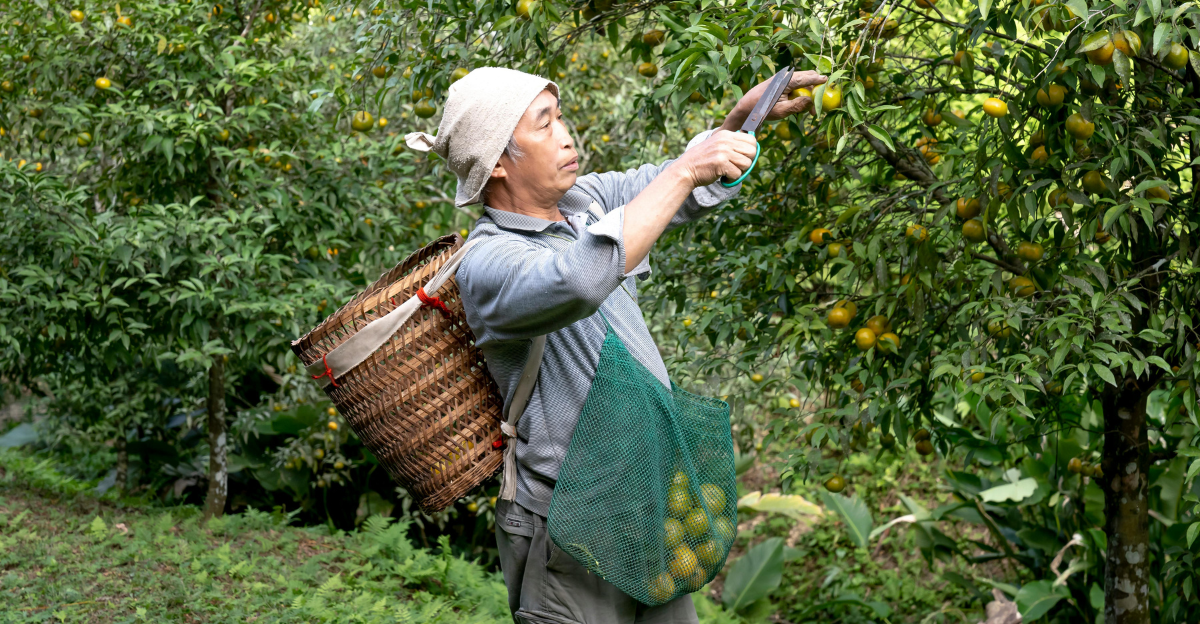
Behind every balance sheet are real people, now left hanging. Longtime employees who gave decades to the packing house are suddenly jobless. Local growers who trusted the association with their harvests are scrambling for alternatives, unsure if they’ll get paid at all. Small vendors and seasonal workers are caught in the crossfire, casualties of a collapse they didn’t see coming.
In Corona and nearby towns, this collapse hits close to home. You don’t replace something like this. You feel its absence every time you drive by those quiet, empty loading docks.
What Went Wrong and Why Nobody’s Talking

The bankruptcy documents are cold and clinical. No explanation, no press conference, not even a vague statement about “market conditions.” Just silence. That leaves the rest of us guessing.
Was it the rising cost of everything? Years of drought choking the groves? Global competition pushing prices too low? Maybe poor management played a role, or maybe the old model just couldn’t keep up with modern demands.
Things fell apart slowly, then all at once. And for a company that once anchored the region, leaving without a sound makes the fall that much sharper.
The Final Chapter and Everything It Taught Us
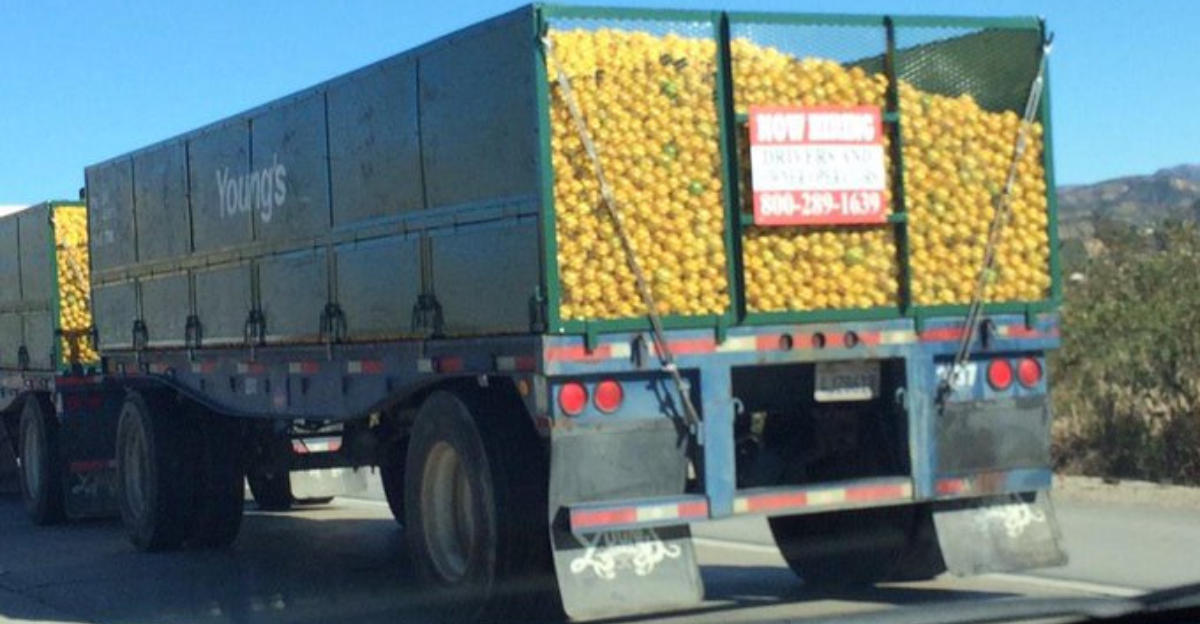
What’s left now is a memory of fruit-laden trucks rolling out at dawn, of workers whose hands built something bigger than themselves, of a company that once defined a region. The fall of Corona-College Heights leaves more than an empty building.
It leaves a gap in the story of California’s citrus roots.
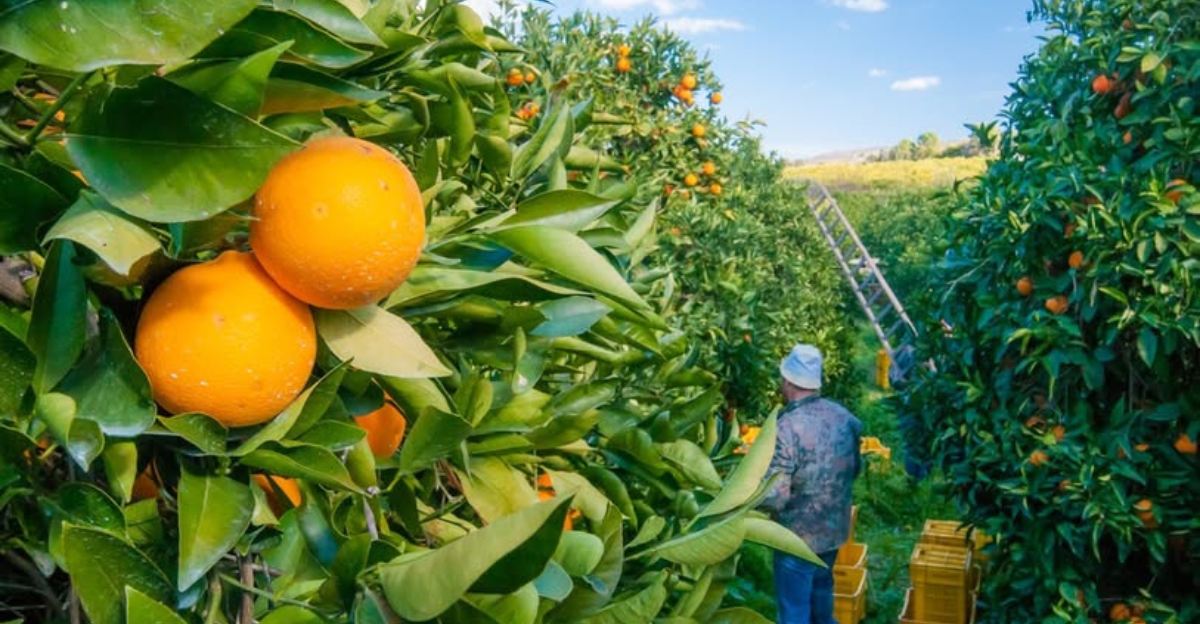
The lesson? Even giants rooted deep can fall. Legacy means nothing if you can’t adapt. You can’t run payroll on pride. No matter how storied or steady the name, standing still comes at a cost. This time, history didn’t keep up.